The first edition of the Jiangsu Literature Residency Program concluded yesterday. American sinologist Jonathan Stalling, the inaugural guest of the program, was invited to visit Nanjing, Yangzhou, and Suzhou and participate in literature activities.
The Jiangsu Literature Residency Program invites foreign sinologists, writers, and translators to Jiangsu to create works that reflect the province's distinctive characteristics. The program seeks to promote the international dissemination of Jiangsu's culture, share Chinese stories happening in Jiangsu with the world, and present a true and comprehensive image of China.
Jonathan Stalling is the Dean (Interim) of the David L. Boren College of International Studies at the University of Oklahoma. He is the creator of the English Jueju, a novel system for teaching Classical Chinese poetic forms in English which he continues to pursue as a form of formal US-China cultural diplomacy and outreach through the Newman Prize for English Jueju at OU, under the auspices of UNESCO, and elsewhere.
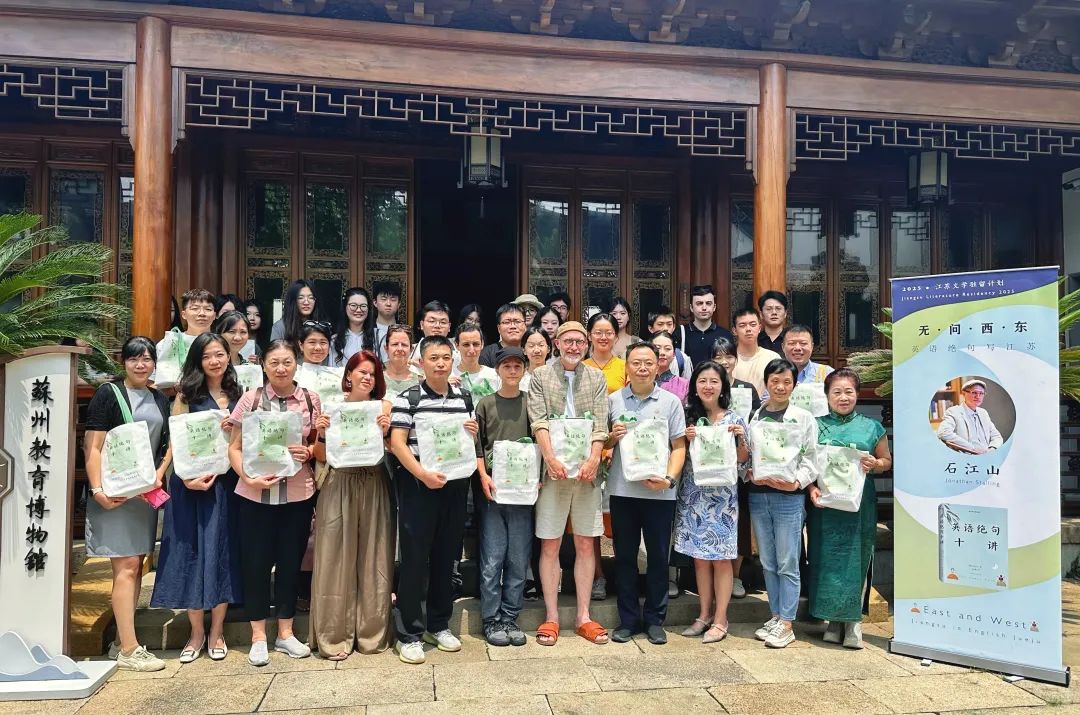
Dr. Stalling (seventh from left in the first row) hosts a workshop at Suzhou Education Museum. Courtesy of Album of Suzhou
Dr. Stalling's stay in Suzhou lasted from August 2 to 4. His stops included Suzhou Education Museum, where he hosted a workshop titled "East and West: Jiangsu in English Jueju," and such cultural landmarks as the Master of the Nets Garden, Hanshan Temple, Fengqiao Scenic Area, and Canglang Pavilion, where he looked for inspiration for writing English jueju.
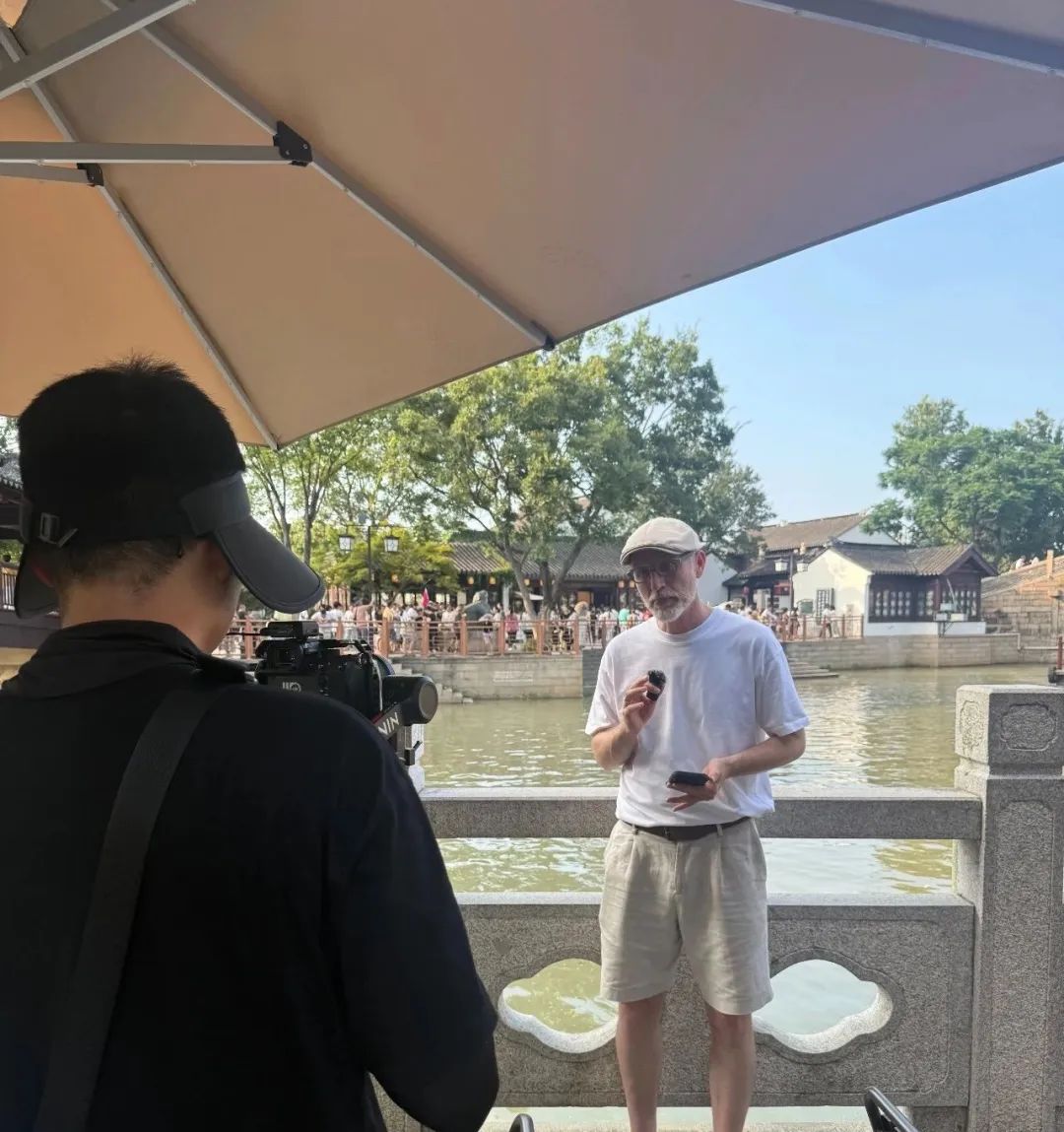
Dr. Stalling at Fengqiao Scenic Area. Courtesy of Album of Suzhou
Though he had never been to Canglang Pavilion, Dr. Stalling composed an English jueju just before visiting the oldest surviving classical garden in Suzhou:
"Warm breeze, aged walls, tall, curved eaves;
Cool shade, old gates, long, thin leaves.
By lamp light Du Fu could not sleep;
Who could, with plums bloom like these."
Speaking of the inspiration behind the poem, Dr. Stalling shared, "Canglang Pavilion is famous for its flying eaves and bamboo. Before coming here, I imagined what it would feel like to sit in the pavilion in warm weather, writing poetry."
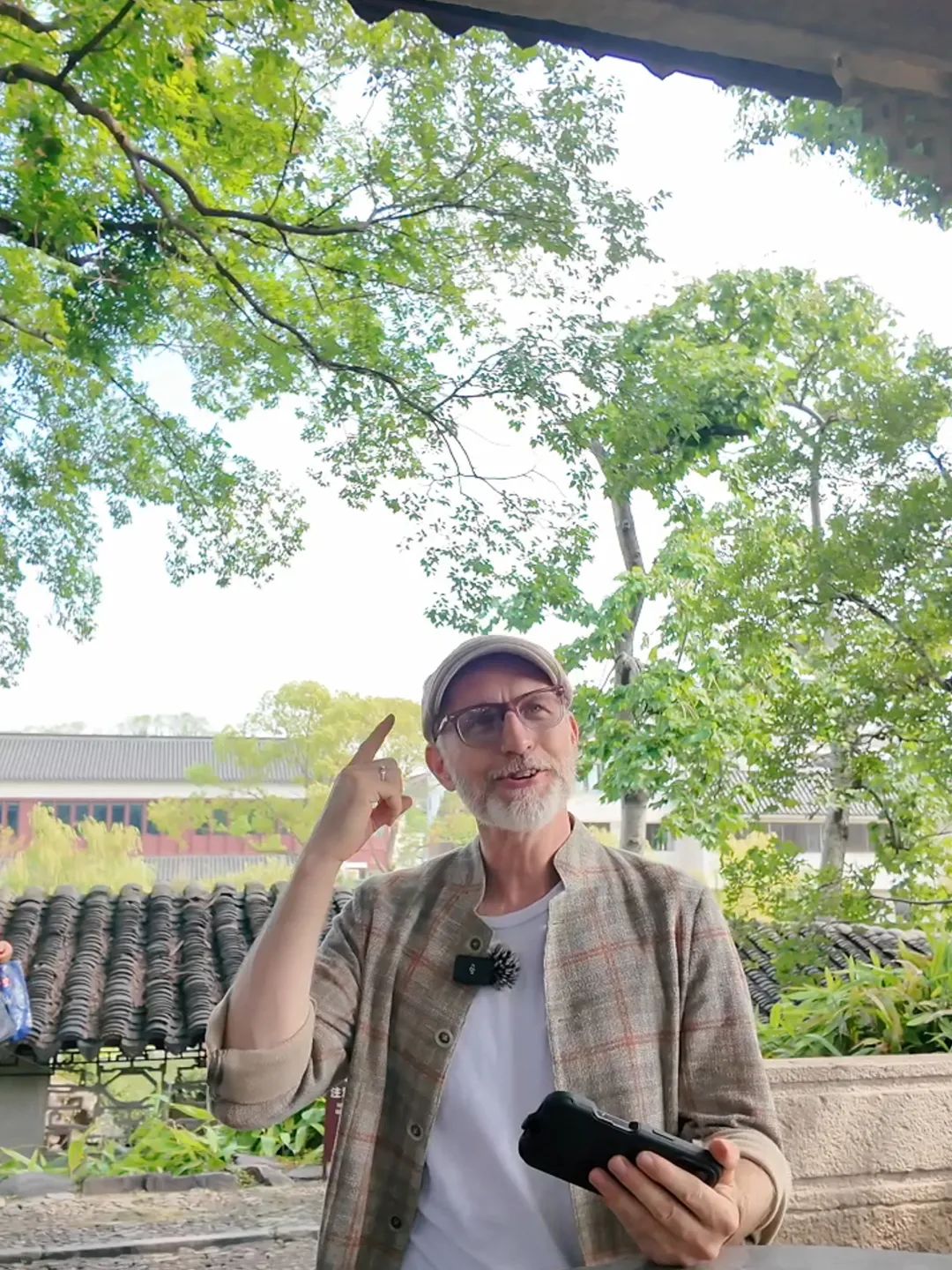
Dr. Stalling recites jueju at Canglang Pavilion.
After stepping into the garden, he was surprised to find that the scenery almost matched his imagination. The abundance of poetic couplets further convinced him that the garden was an ideal place for writing. "In Canglang Pavilion, the one that strikes me the most is that the garden rhymes with an older history. And that's the same way jueju works: to take a word from an old poem and put it into a new poem. So you're never making something new. You're always making something new from something old, with something old."
When asked which Chinese poet he would like to tour Suzhou with, Dr. Stalling pondered for a moment and answered, "Probably Wang Wei, because he has the most connection to the garden. So I could ask him about his opinion. What does Wang Wei think about garden culture? I would ask him this question."
Source:iSuzhou
Events
More+-
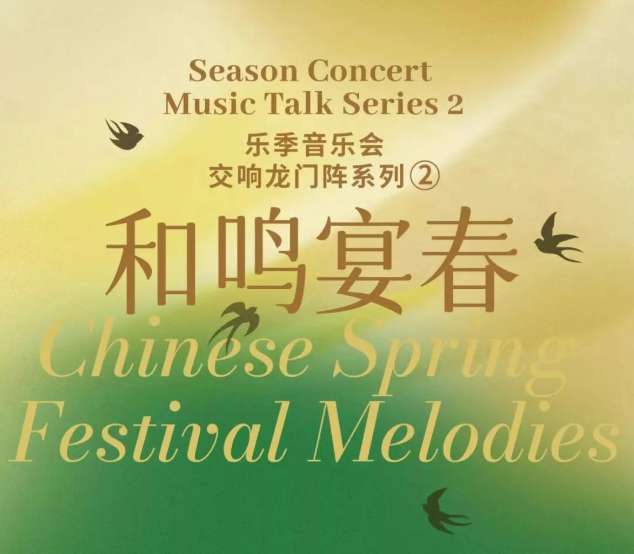
Chengdu Symphony Orchestra2025-2026 Season Concert—Music Talk Series 2“Chinese Spring Festival Melodies”
-
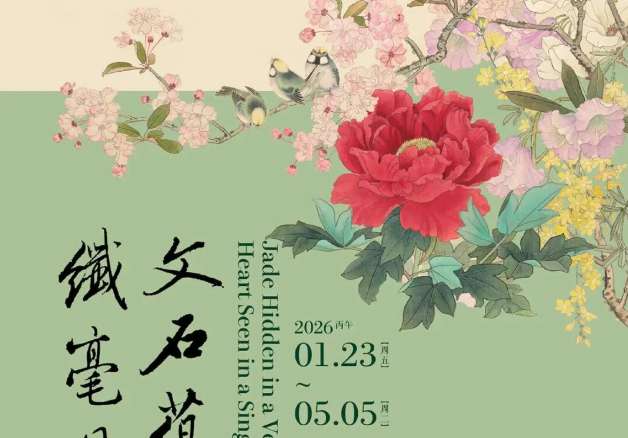
Exhibition of Zhao Yunyu’s Calligraphy and Painting from the Chengdu Museum Collection
-
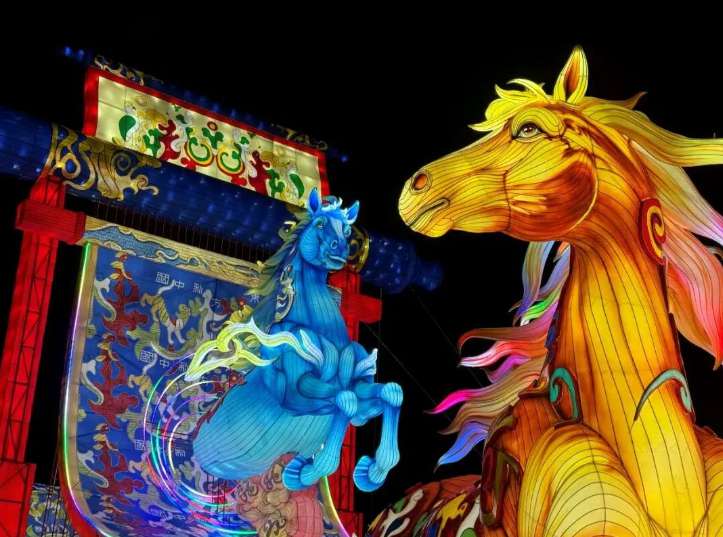
The 55th Chengdu InternationalPanda Lantern Festival
-

The 29th China (Sichuan) New Year Shopping Festival
-

2026 BJ Online New Year Shopping Festival Unfolds



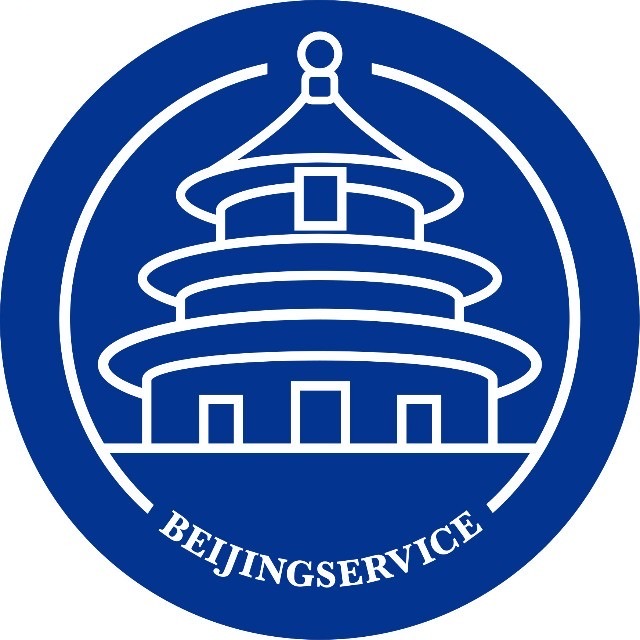
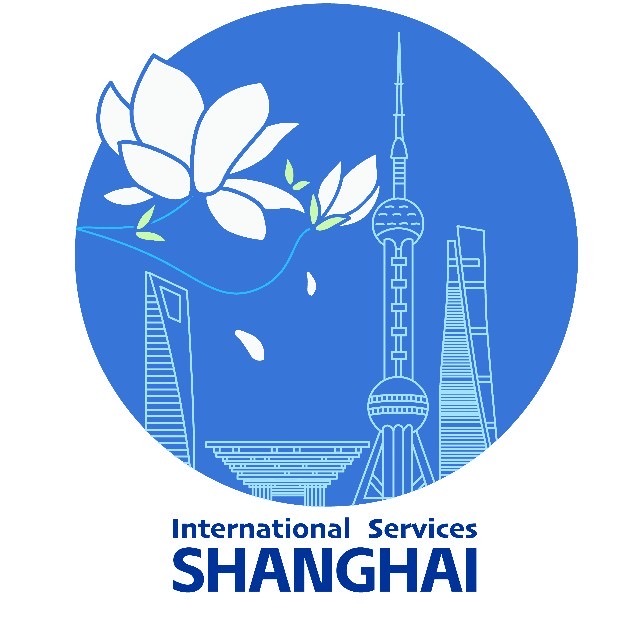




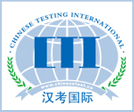
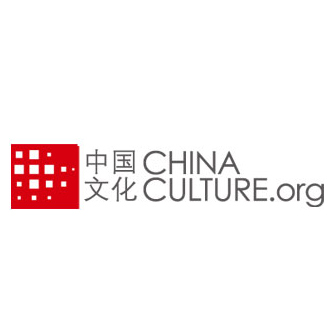
 京公网安备
京公网安备